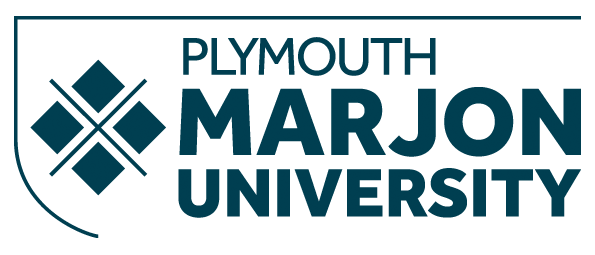Transcriptional Regulation and Its Misregulation in Human Diseases
Language: English Publication details: Basel MDPI - Multidisciplinary Digital Publishing Institute 2023Description: 1 electronic resource (308 p.)ISBN:- books978-3-0365-7736-4
- 9783036577371
- 9783036577364
- Research & information: general
- Biology, life sciences
- parallel reporter assay
- rs684232
- FOXA1
- VPS53
- FAM57A
- GEMIN4
- metabolically healthy obesity
- epigenetic biomarkers
- metabolic syndrome
- DNA methylation
- adult-onset asthma
- building dampness and molds
- endotypes
- environmental intolerance
- transcriptomics
- pathobiological mechanisms
- SNAI1
- metastasis
- post-translational modifications
- epigenetic
- EMT
- FOXP3
- ATF3
- post-translational modification
- transcriptional activity
- HOX-code
- NKL-code
- TALE-code
- TBX-code
- chimeric RNAs
- Fusion RNAs encoding protein
- fusion transcript
- linc-223
- miR-223 host gene
- trans-splicing
- alternative splicing
- CCL1
- myeloid cell differentiation
- C-type lectin
- chronic myeloid leukemia
- anthrax
- Bacillus anthracis
- 16S rRNA
- detection
- identification
- real-time PCR
- RT-PCR
- NRF3
- protein homeostasis
- lipid homeostasis
- proteasome
- translation
- GGPP
- macropinocytosis
- cancer
- obesity
- brown adipose tissue
- transcriptome
- cold exposure
- aging
- HCC-specific small functional protein
- NONHSAT013026.2/Linc013026-68AA
- fine tuner of cancer formation
- dark proteome
- hepatocellular carcinoma
- hair cells
- adult cochlea
- regeneration
- transcription factor
- bioinformatics
- cheA
- flhDC
- GlmY
- Proteus mirabilis
- QseEF
- rcsB
- swarming
- HIF-1α
- YY1
- ALL
- XDP
- retrotransposon
- SVA
- splicing
- epigenetics
- transcription
- homeodomain
- PBX1
- mRNA export
- TREX
- TREX-2
- NPC
- lifespan
- neurodegenerative diseases
- endogenous retroviruses (ERVs)
- transcriptional regulation
- n/a
Open Access star Unrestricted online access
Transcriptional regulation is a critical biological process that allows the cell or an organism to respond to a variety of intra- and extracellular signals, to define cell identity during development, to maintain it throughout its lifetime, and to coordinate cellular activity. This control involves multiple temporal and functional steps as well as innumerable molecules including transcription factors, cofactors, and chromatin regulators. It is well known that many human disorders are characterized by global transcriptional dysregulation because most of the signaling pathways ultimately target transcription machinery. Indeed, many syndromes and genetic and complex diseases—cancer, autoimmunity, neurological and developmental disorders, and metabolic and cardiovascular diseases—can be caused by mutations/alterations in regulatory sequences, transcription factors, splicing regulators, cofactors, chromatin regulators, ncRNAs, and other components of transcription apparatus. It is worth noting that advances in our understanding of molecules and mechanisms involved in the transcriptional circuitry and apparatus lead to new insights into the pathogenetic mechanisms of various human diseases and disorders. Thus, this Special Issue is focused on molecular genetics and genomics studies exploring the effects of transcriptional misregulation on human diseases.
Creative Commons https://creativecommons.org/licenses/by/4.0/ cc https://creativecommons.org/licenses/by/4.0/
English
